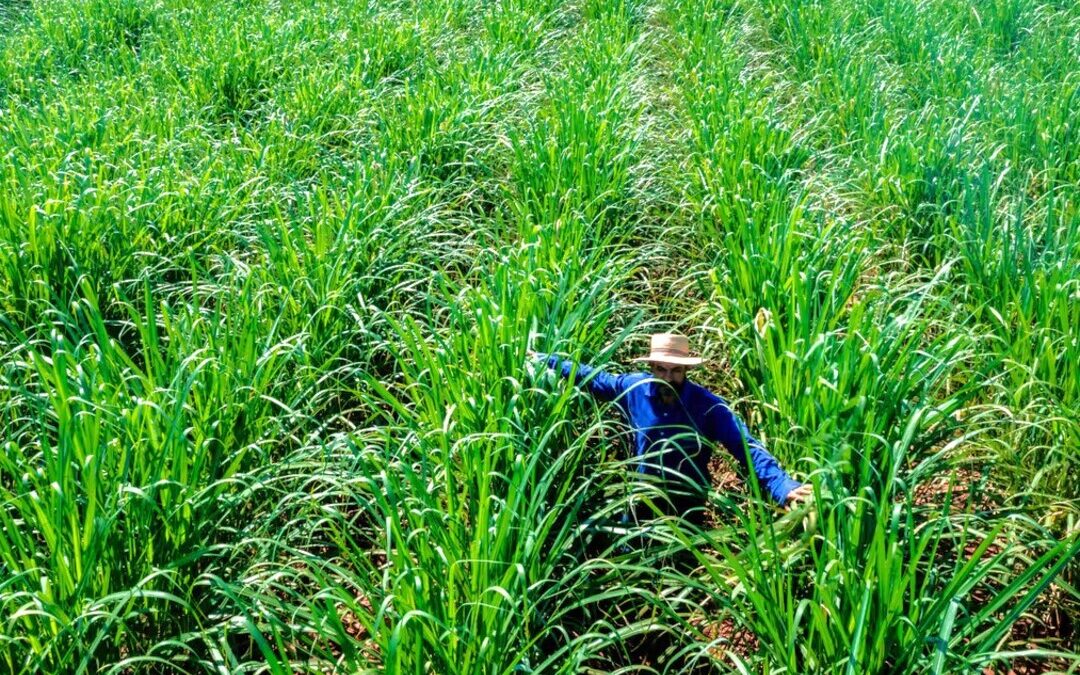Unilever Bets on Biotechnology to Cut Emissions with Sustainable Oils
Unilever partners with Nufarm to develop sustainable crops producing plant-based oils, advancing net-zero ambitions by 2039.
Unilever announced on Wednesday a strategic partnership with Australian agricultural technology firm Nufarm to develop a type of sugar cane capable of producing biomass oils.
According to a statement, the project aims to cultivate crops with significant biomass to produce fatty acids — a core base ingredient for Unilever’s laundry detergents and beauty and personal care products.
Plant oils like sunflower and canola are typically produced from their seeds and fruits. In this case, however, the oil will be grown using the entire plant —including the leaves.
Nufarm has previously developed and commercialized a variety of sugar cane called energy cane, a sustainable crop that generates significantly more plant matter and sugar than traditional sugar cane.
In its current form, energy cane already has sustainability benefits such as climate stress tolerance, drought resistance, more efficient soil protection against erosion and harvesting benefits for farmers and the environment.
The project aims to replicate and build upon these traits in the new crop to support Unilever’s climate ambitions.
“The multi-million Euro investment from Unilever will use recent breakthroughs in biotechnology to develop a new, commercially viable variety of energy cane that can also produce biomass oil,” said the agritech company in the statement.
Using the plant’s biomass not only increases efficiency but also minimizes waste. Besides producing oil, the plant will generate sugar used to create specialty ingredients like fragrances and enzymes.
Even its leftover plant fibers could be used to make sustainable packaging materials like paper and board.
“By continuing to invest in biotechnology, we aim to further unlock the power of nature and build a more sustainable and diverse supply chain for the future,” said Neil Parry, Unilever’s head of biotechnology, in the statement.
“This partnership enables us to identify alternative ingredients for our household, beauty, and personal care brands, further supporting our ambition to reach net-zero emissions.”
This collaboration seeks to reduce reliance on petrochemical-based ingredients and to achieve Unilever’s net-zero emissions target across its value chain by 2039.
The project is still in its research and development phase but is set to employ biotechnology to advance Unilever’s sustainable sourcing of critical raw materials.
Nirmal Menon
Related posts
Subscribe
Error: Contact form not found.


